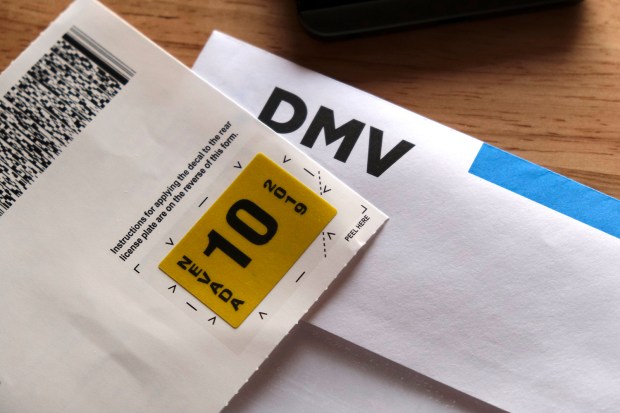North Carolina has enacted a new law that grants drivers with expired Class C licenses a two-year grace period to renew their licenses. Under this legislation, residents whose licenses expired on or after July 1, 2025, can legally drive until December 21, 2027. This measure aims to alleviate the overwhelming demand for services at the Department of Motor Vehicles (DMV).
While the law allows North Carolina drivers to operate vehicles with expired licenses, officials urge residents to schedule renewal appointments promptly. The extension applies solely to in-state driving privileges, meaning expired licenses will not serve as valid identification for activities such as flying, renting vehicles, or completing financial transactions. Consequently, drivers without valid ID may encounter difficulties in several everyday situations.
The temporary law does not extend to commercial driver’s licenses, which require timely renewal regardless of the grace period. Additionally, it does not apply to individuals whose licenses have been suspended, revoked, or canceled.
Governor Josh Stein signed Senate Bill 391 into law, a decision praised by Paul Tine, Commissioner of the North Carolina Division of Motor Vehicles. Tine stated, “Thank you to the Legislature and Governor for this temporary measure to provide flexibility for North Carolina drivers while we work to address the increased demand for our services.”
To facilitate the renewal process, the North Carolina DMV offers online services, allowing drivers with expired licenses to resolve their status during the grace period. The DMV is also expanding its hours during the summer, allowing walk-in appointments at 20 locations statewide. These extended hours are available on Saturdays from 8:00 AM to 12:00 PM until August 23.
During these walk-in services, drivers can renew their licenses, obtain duplicates, or change their addresses. Road tests will also be conducted for applicants who have completed the necessary knowledge and written tests. Furthermore, REAL IDs will be issued during these walk-in appointments.
As a reminder, North Carolina residents must submit multiple documents to obtain a REAL ID, which will be required for boarding all commercial flights starting from May 7, 2025. The application process typically begins online, where residents can upload necessary documents, including proof of legal name, date of birth, Social Security number, and residency. Following this, an in-person visit to the DMV is required for document verification and photo issuance.
For more information, residents should refer to the Department of Homeland Security and the North Carolina DMV’s official website to ensure they have all necessary documentation and understand the application procedures.
